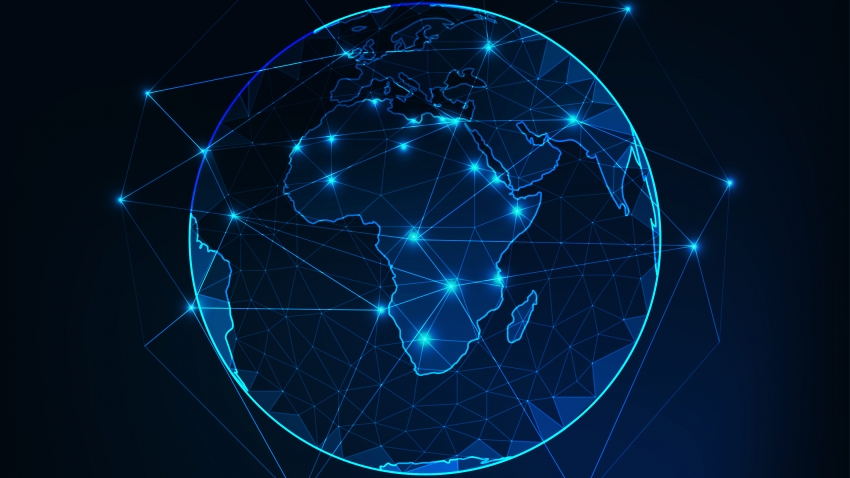Blockchain and artificial intelligence were relatively new ideas in Africa a few years ago. As of 2020, the continent had a sizable digital divide. By contrast, the global average was 56%, yet only 28% of Africans had access to the internet.
The World Bank identified the two main barriers to widespread technology adoption as inadequate infrastructure and technical competence. As a result, adopting innovative technologies such as blockchain and artificial intelligence was unlikely, particularly in national policy dialogues. Yet in the intervening period, 36% of Africans now have access to fast internet.
Read also: How Glaze 2.0 Shields Artists from AI Theft
AI Enhancing Transparency and Growth in Governance
African blockchain companies raised $474 million in 2022, an incredible 429% increase in revenue from the previous year. Kenya, South Africa, and Nigeria are among the top 10 countries in the world for bitcoin usage.
So many African countries are increasingly embracing innovative technologies like Artificial Intelligence (AI) and Blockchain to optimise operations, boost transparency, and enhance service delivery for their citizens. From combating corruption with blockchain to developing national currencies, several African nations are leveraging disruptive technology to revolutionise governance.
Six African Countries with AI Governance
The following countries have embraced innovative technologies and are gradually improving their governance.
Mauritius is a leader in AI governance, implementing a strategy that fosters AI application, builds an AI ecosystem, invests in skills development, and creates regulatory frameworks. This approach enables AI adoption across healthcare, fintech, and sustainability sectors. By 2030, AI is expected to contribute significantly to the country’s economy, potentially accounting for up to 10% of the overall GDP, currently valued at $11.5 billion.
The next nation is South Africa, which has a growing economy and advanced infrastructure. It has a strong foundation for AI adoption. However, challenges remain, including a skills gap of only 16% of the population having post-secondary education and limited data infrastructure in rural areas. To promote inclusive AI adoption, targeted AI education and training programs are needed, along with expanded mobile access.
Read also: UX Design Transition Made Easy: 5 Steps to Follow
Egypt’s AI strategy also emphasises education and training to equip future generations with essential AI skills. The strategy aims to minimise job displacement, especially for the under-30 population, which is over 60% of Egypt’s population, and prepare them for an AI-powered economy.
Furthermore, Tanzania plans to use AI to improve e-government services, enhance digital data and reduce corruption. The initiative aims to streamline processes, eliminate queues, and expedite service delivery despite challenges in traditional methods and a 31.61% internet penetration rate.
In addition, Ghana aims to become Africa’s first blockchain-powered government, leveraging blockchain technology’s immutability and transparency to reduce fraud and manipulation. The initiative, announced by Vice President Mahamudu Bawumia, could streamline workflows, automate tasks, and improve record-keeping, leading to quicker processing times and improved service delivery. Despite its intense internet penetration and successful government platform, Ghana faces significant hurdles.
















